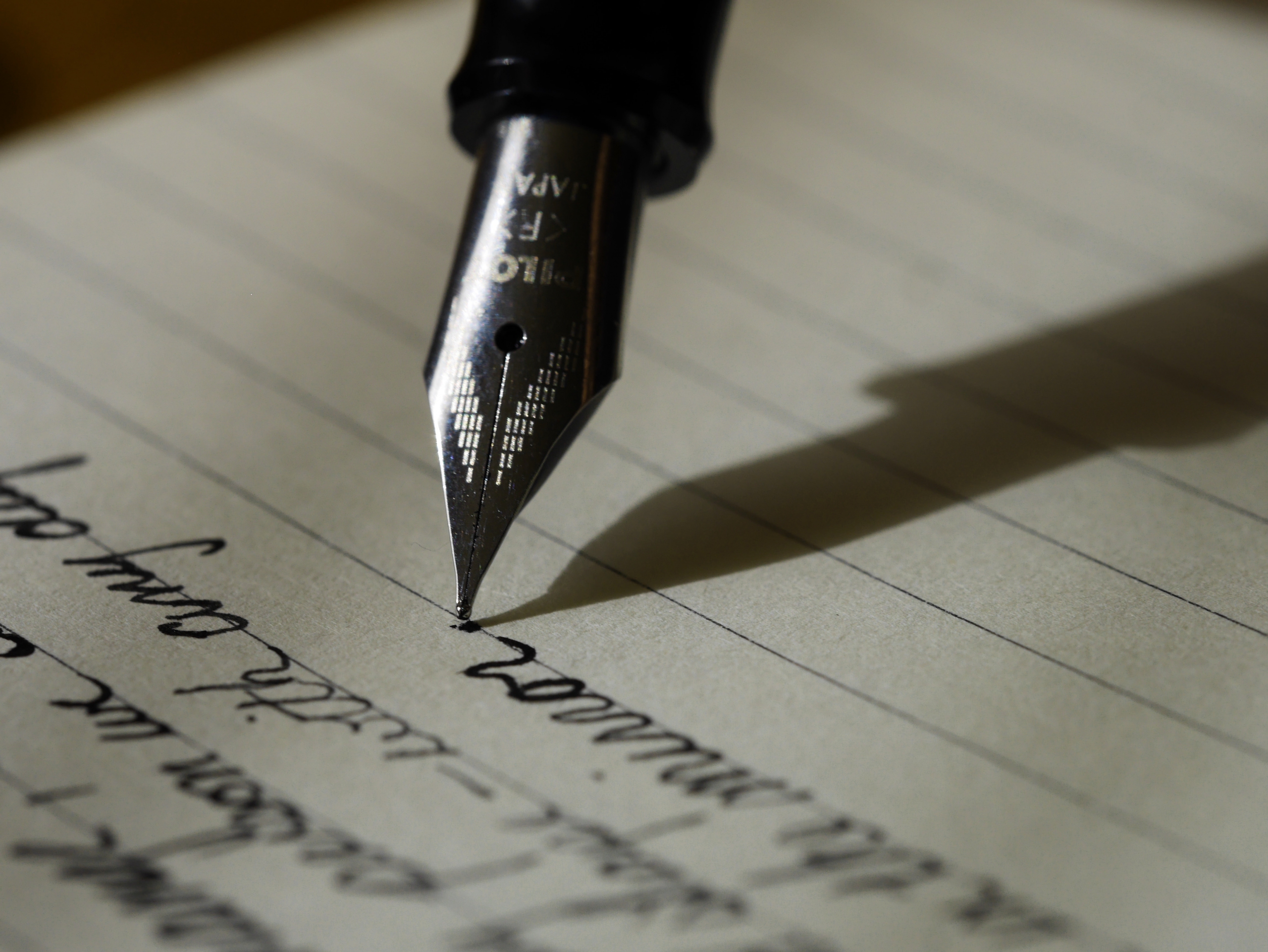A Journalist’s Journey Into Narrative Writing
In news writing, you might as well give in your resignation if you, the writer, wind up in the article because the most effective way to lose all of your credibility is to present your bias for the world to see. So when I came to You Press four weeks ago, the idea of writing stories where I deliberately used I-statements and input my own opinions was almost out of the question.
I am not a narrative writer, I haven’t been for three years. At the University of Massachusetts, Amherst, I have written for our student-run newspaper since my first year. I write about student life, administrative decisions, breaking news, and sometimes investigative pieces. Despite the different content, all my stories are written in the same format. I have my lede to give the reader the who, what, when, where and why. I have my nut graph to give context. I need three sources in each article and less than five sentences per paragraph.
This confining set of stipulations ensures that my audience absorbs the required information quickly and concisely. Especially when it comes to breaking news, there is no beating around the bush, no flashy first sentence to draw the reader in, it is just meant to inform.
Coming to You Press and being told to write narrative articles that pertain to my own experiences was nothing short of a shock. I felt my entire ethical standards I had come to live were crashing down on top of me. The AP style book was like my bible, the SPJ Code of Ethics were my Ten Commandments. I couldn’t imagine writing any other way, because why would I need to? But in narrative writing, there are no needed quotes, the lede doesn’t need to be front and center and most unsettling of all, I would be putting my own perspective, my own opinion, into my writing.
In school, I am relentlessly told to provide a neutral and fair stance on any issue. I am strictly a bystander observing a situation. But now I was being made the center of the story, and that was terrifying. Initially I felt so distant from my own opinions because I had to keep them as far away from my words. These two forces, that weren’t supposed to touch, were now colliding directly into one another.
But despite this dissonance that I was and still am experiencing between the news writing that is my safety net and the abyss that I am just now exploring, I have found that stepping back and embracing a different style has made me a much more skilled writer.
With news reporting comes an immense sense of urgency. Urgency to break the news, to get the sources and reach the deadline. With narrative writing, you are forced to look within yourself and analyze how you perceive the world. This has been therapeutic in allowing me to look deeper into my own interests. And the calmness of analyzing these values have made me more adept at framing and forming a story line that rises and falls.
When I get back into the newsroom in the Fall, I will certainly do my best to once again distance my opinion from my writing, but I will hold on to that creativity of finding unique ways to frame stories. I can stretch those rigid rules just a tad, I can walk the edge of factual reporting and storytelling to create credible, neutral works that utilize storytelling tactics to keep the reader engaged.
That rigid box that I confined myself in for three years now feels a little more spacious.
By Jack Underhill, You Press Intern





